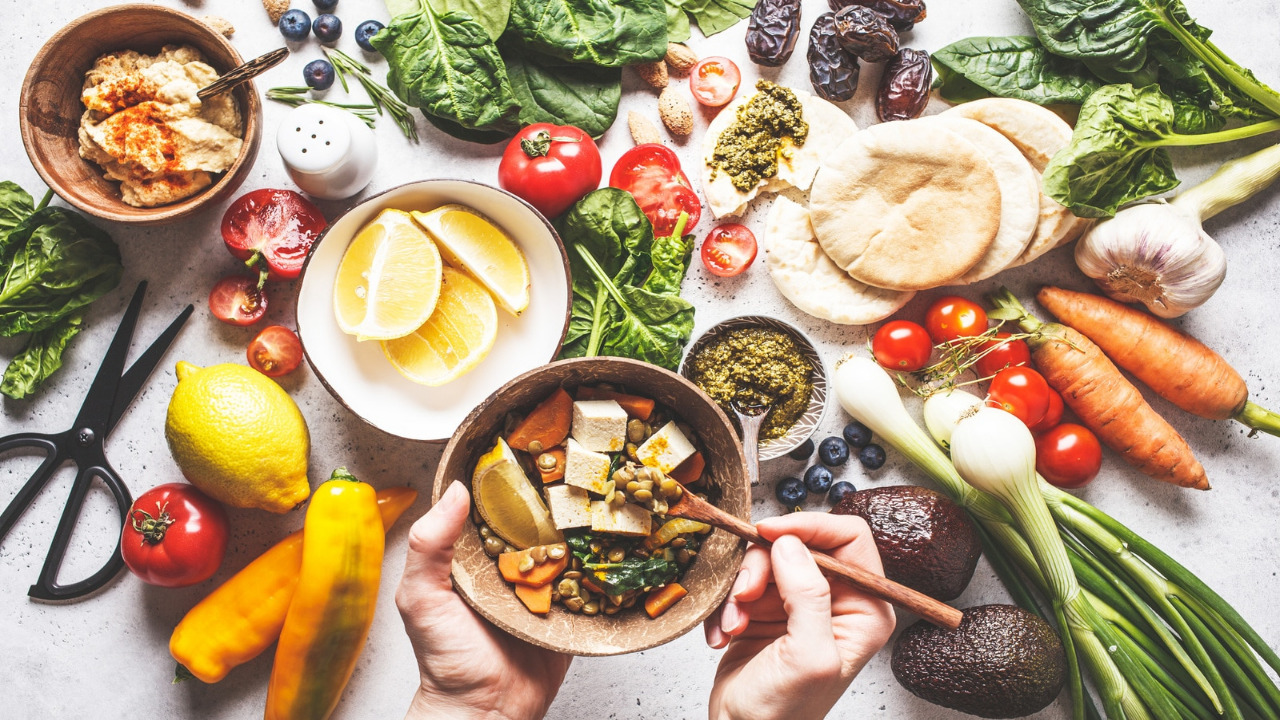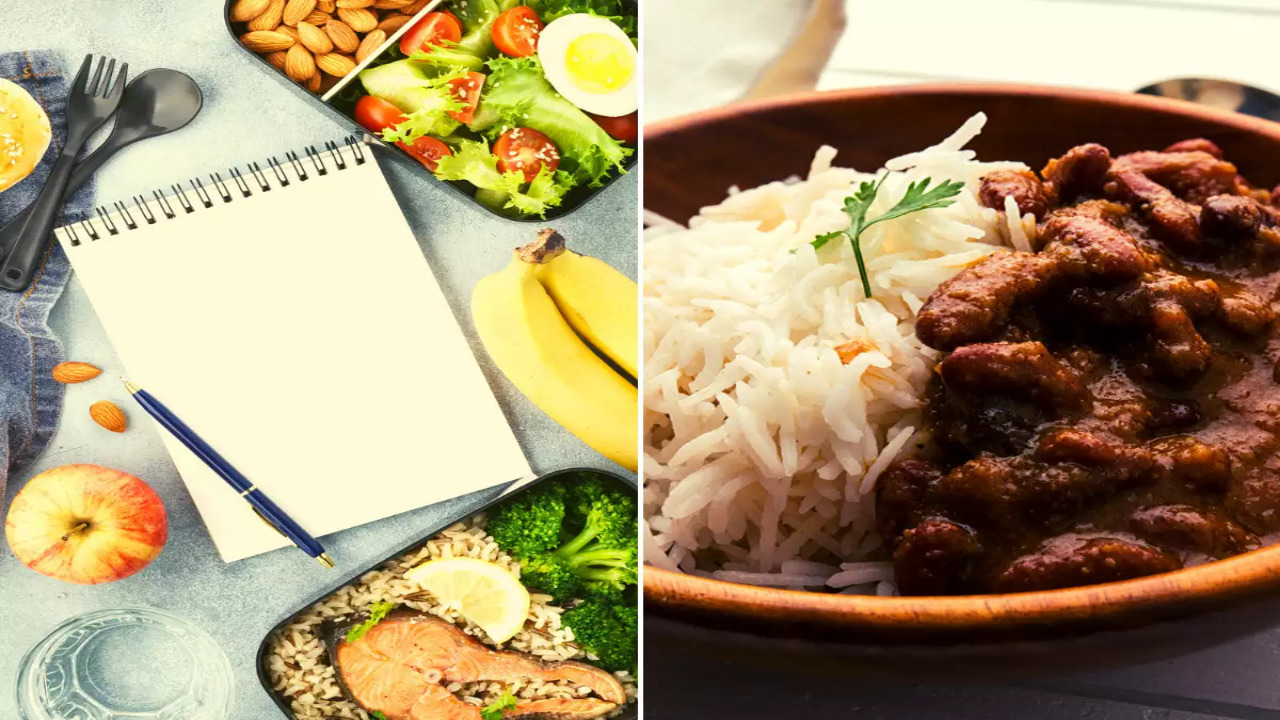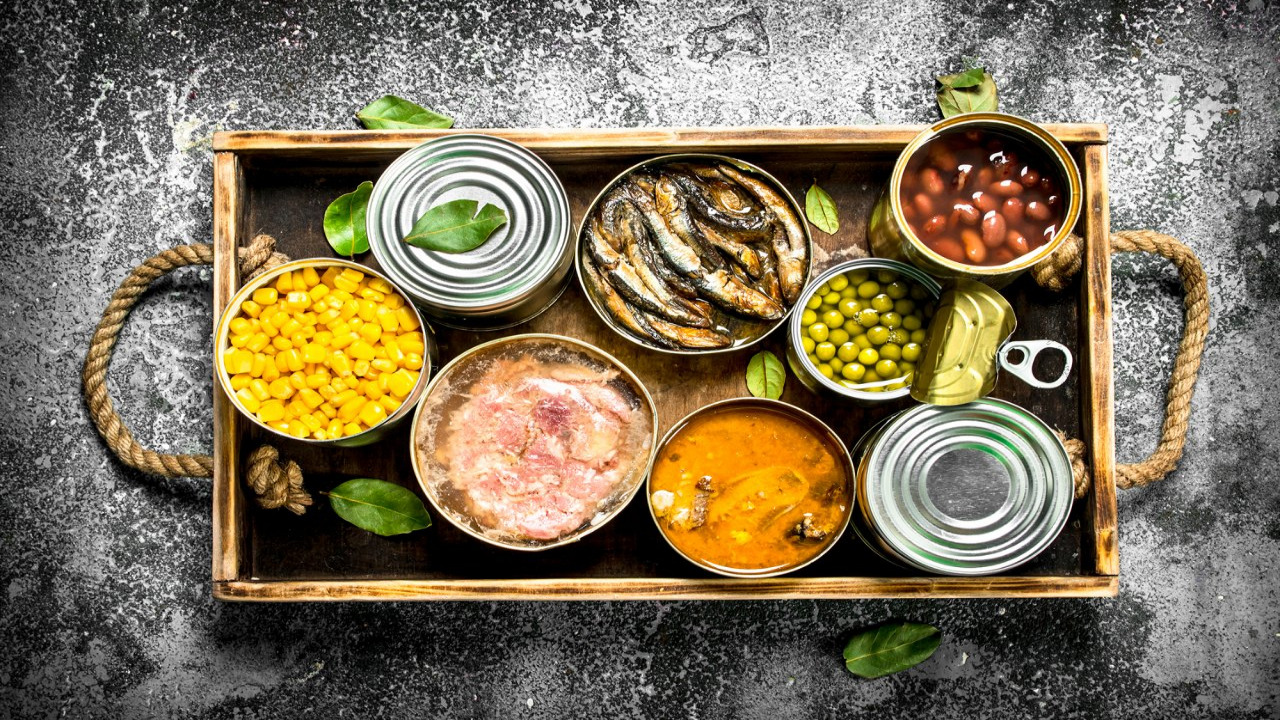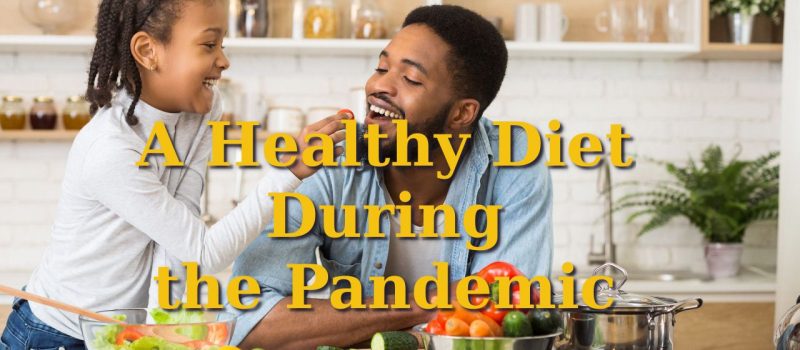Proper nutrition and hydration are critical. Individuals who consume a well-balanced meal have higher survival rates and are less likely to suffer from chronic disorders and viral infections. So, to receive the vitamins, nutrients, soluble fibers, proteins, and phytochemicals your body requires, you should consume a range of fresh and uncooked meals daily. Drink an adequate amount of water. Decrease your risk of overweight, obesity, cardiovascular disease, strokes, insulin, and some forms of cancer by cutting out sugar, fats, and sodium. We have seen several cases in which a person who eats a healthy diet lives longer than those who follow an unhealthy diet.
A Healthy Diet

As governments are making additional efforts to combat the development of COVID-19, self-isolation and temporary company closures may disrupt routine food-related activities. Associated with health benefits, those with acute respiratory illness and disability are asked to stay at home. Dining and takeaway options are becoming scarce in some nations, and some fresh foods are getting low. A good diet is essential for health, especially when the immune response is under attack. The availability of fresh fruit and vegetables may restrict the possibility of maintaining a healthy and diverse diet. It may also lead to a rise in the intake of junk foods, which are heavy in fats, carbohydrates, and salts. These junk foods can expose us to the virus, so it is better to have access to the FlowFlex covid test, which can help us get our results immediately and self-isolate.
Buying According to Your Needs

It is best to buy fresh products from the supermarket and only those you need. Don’t go for the products which you will waste afterward. As a result, it is essential to consider both your personal and others’ needs. Plan your consumption based on what you currently have at residence. You may feel compelled to buy vast quantities of items, but remember to examine and consume once it is in your cupboard, as well as those with a limited life span. In this manner, you may avoid organic waste while allowing others to get the food they require. This way, you can avoid coronavirus symptoms.
Canned Food as Alternative

If fresh products such as fruits and vegetables are unavailable, it is good to opt for canned foods. Canned beans provide a lot of nutrients and can be stored in refrigerators even for years. Dried beans, grains, and pulses can also provide vitamins that strengthen our immune system. They specifically give us Vitamin C, which is essential in fighting against coronavirus.
Home-Cooked Foods

Most consumers do not have enough leisure in their everyday lives to make home-cooked meals. Individuals who mainly used to work outdoor ate their meals in restaurants and street vendors. Still, during this pandemic, they spend much more time at the house, which may now allow you to cook dishes that you initially did not have the opportunity to produce. Several fresh and delicious recipes are available online, which can help you while cooking.
A healthy diet is the only way to get fit and spend our free time in our residences. Alongside a nutritious diet, we should do exercises to stay active.

